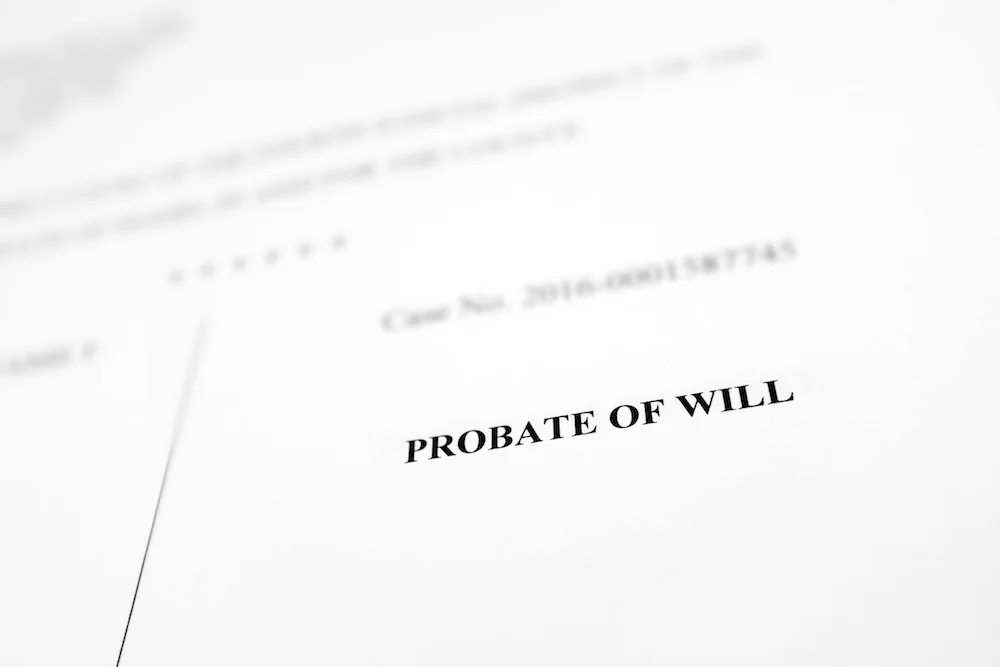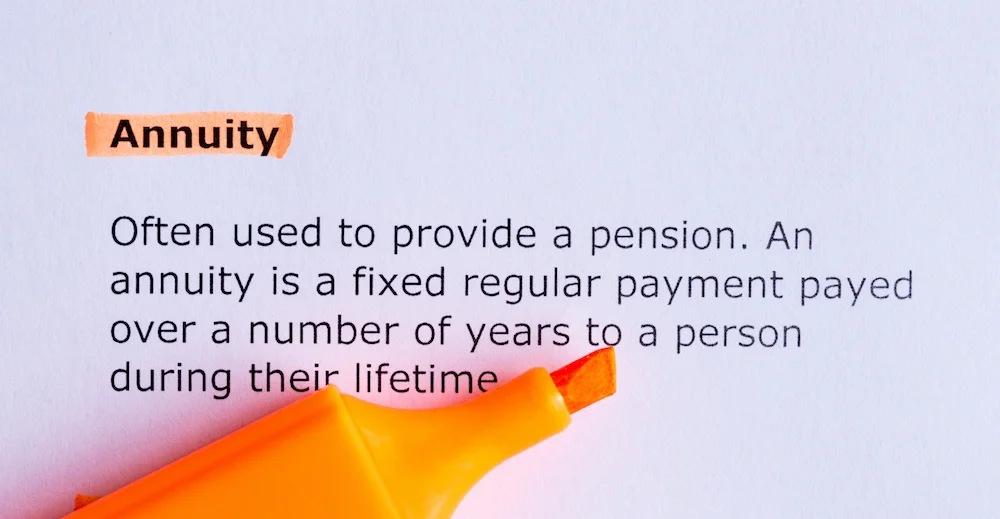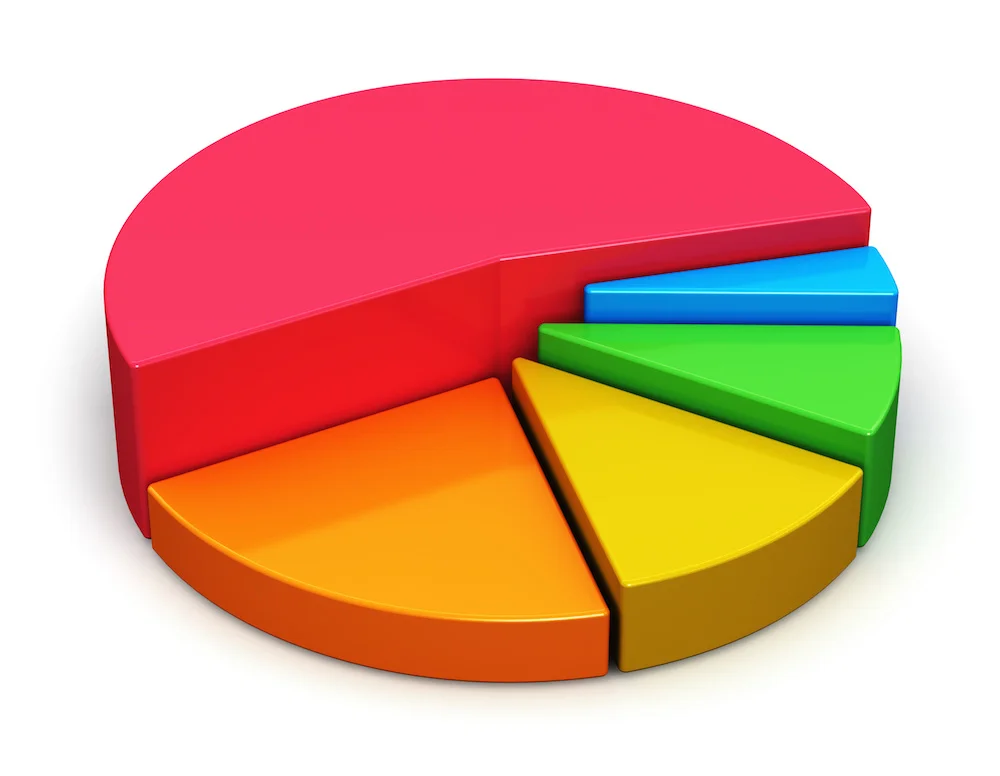What is Probate?
What is Probate?
Probate is a legal process of distributing your assets (your estate) after you die.
There is no requirement that a will or property go through probate, but if the property isn’t titled or arranged specifically to avoid probate, there is no way for the beneficiaries to obtain legal ownership without it. To keep assets out of probate, you can:
Title the assets Jointly with someone who survives you;
Title the assets to a Living Trust;
Give the assets away before you die; or
List death beneficiaries - typically only an option on investment accounts and life insurance policies.
Assets not titled in one of these ways or gifted before your death will likely go through the probate process. Which could look something like:
Step 1. If you have a will, an attorney or a court will review it, confirm it is the most recent valid will and determine who gets what.
Step 2. The court will then appoint an executor or personal representative to oversee the process and settle the estate. If you had a valid will, you would name this person in the will. If you didn’t have a will, the court would appoint someone.
Step 3. The executor would locate and protect your assets. Then they would determine the values of each of the assets on the date of your death.
Step 4. The executor would notify creditors of your death. Those creditors would have a period of time after receiving notice to make claims for the money they’re owed.
Step 5. The executor would pay any of your outstanding bills.
Step 6. The executor would file your final personal income taxes and possibly a tax return for the estate.
Step 7. Finally the remaining assets in the probate process would be distributed to the beneficiaries.
If you have a valid will or trust when you die, then this process is “testate” and the courts will follow your wishes with regards to dividing and distributing your assets. If you don’t have a valid will or trust when you die, then it is “intestate,” and the courts will decide how to divy up your assets. The process without a will or trust may eat up a large portion of the assets you leave behind in court and lawyer fees. Probate is also public record, which means that anyone can find out how much money you had and where it went.
The costs of probate can include:
A court appointed executor (who is paid 2-4% of the value of your assets - from your assets)
Tax Preparation (dependent upon the size of your assets)
Legal Fees (which are very high)











